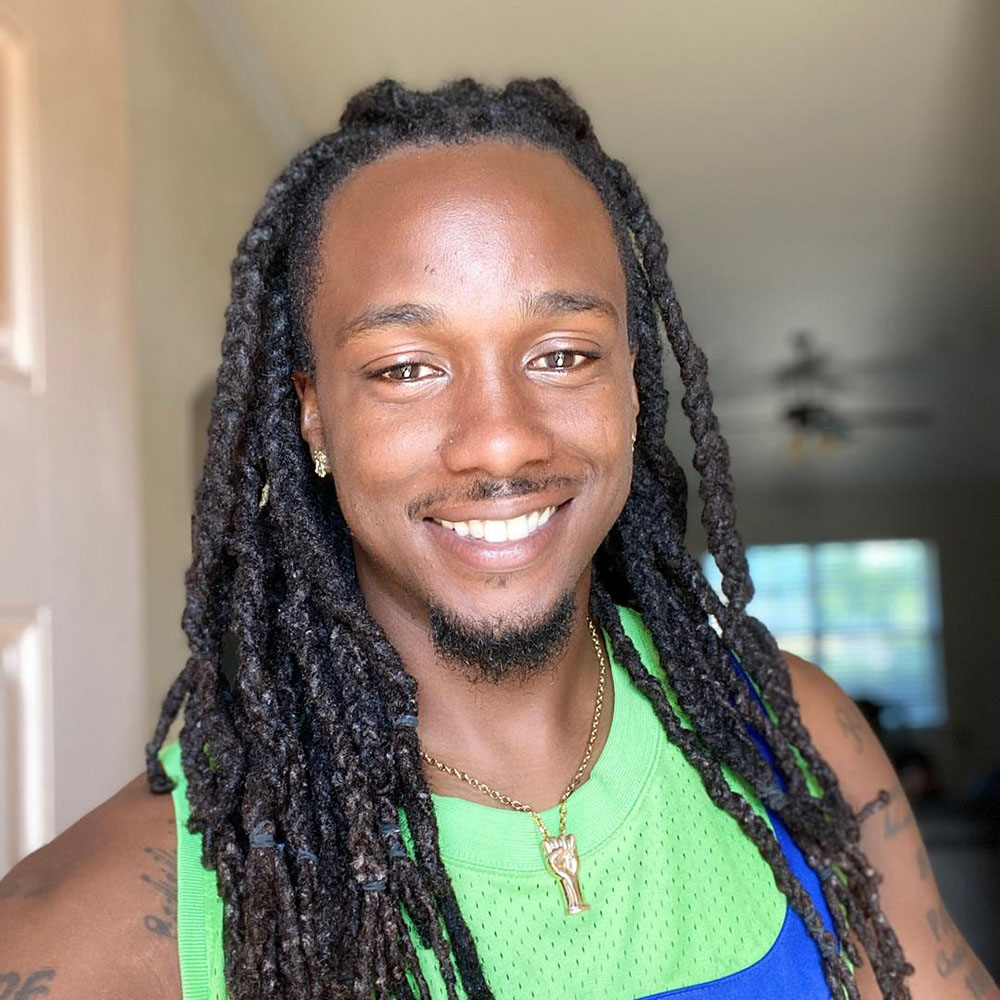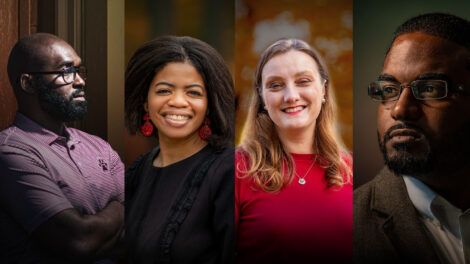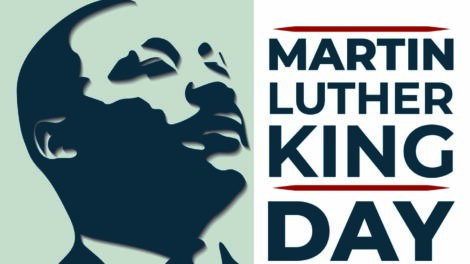Lafayette students encouraged to ask themselves: Are we being defined by the times we live in, or are we defining the times?
By Stella Katsipoutis-Varkanis

The Conscious Lee
The Conscious Lee, an edutainer known for his purposefully provocative educational performances, engaged Lafayette students, faculty, and staff in an exclusive Zoom conversation called “Education Is Elevation” in honor of Martin Luther King Jr. Day.
Lee is coordinator of Policy Debate for the nationally renowned University of Oklahoma debate team, a public school teacher, a professor of social work at University of Oklahoma, and a social media sensation with 1 million followers on TikTok.
During the Jan. 18 event, which was hosted by the College’s Office of Intercultural Development, Lee discussed the very different ways in which Rev. Dr. Martin Luther King Jr. is remembered by different people, explaining that King’s legacy has been skewed in modern times and has been incorrectly used by a predominantly white capitalistic structure as a benchmark against which modern Black civil rights movements should be measured.
“The legacy of Dr. Martin Luther King Jr. has been what I call ‘sanitized and romanticized,’” he said. “To be ‘sanitized’ is to be made more palatable by the removal of elements that are likely to be unacceptable or controversial. MLK has been made more palatable for the understanding of resistance, Black liberation, and equality. To be ‘romanticized’ is to be described in an idealized or unrealistic fashion, to make something seem better or more appealing than it really is. MLK has been romanticized to fit a mostly European imaginary of what resistance should be and should not be.”
Lee went on to explain that when King was assassinated in 1968, he had a public disapproval rating of 75%—a stark contrast to his current image as “the master signifier of what it means to be in resistance to racism.” And when today’s Black Lives Matter protests are met with disdainful questions such as “Is this what MLK would do?” by mainstream white America, we are failing to remember King’s “full-flavored” history as a man who was imprisoned nearly 30 times for acts of civil disobedience. Rather, we are subscribing to a “diet” version of King, which has been watered down in order to be more acceptable for today’s capitalistic society.
“MLK wasn’t worried about popularity; he prioritized doing what he felt was correct actions,” Lee said. “Looting and rioting is not something that’s new. One could argue that when the Sons of Liberty and Samuel Adams did their thing with the Boston Tea Party, that was a legitimate political means of colonists getting their independence, and they looted. Martin Luther King said that rioting and looting Is the language of the unheard. However, people treat the words of Martin Luther King like a Chex Mix, reading different quotes, [taking out the parts they don’t like], and taking them out of context.”
Lee closed the discussion by challenging his listeners to think about their own implicit biases and how they can—no matter how unintentionally—perpetuate oppression, and to join the fight for social justice not just through passive means like the use of hashtags on social media, but through action.
“I was taught in life that there are only two types of people in this world: people who are defined by the times that we live in, and people who are defining the times that we live in. My question to you, as we celebrate the legacy of MLK, is: What type of person are you?”
Lee has been celebrated as one of the best “debate-minds” in collegiate debate and was named in the top 20 College Policy Debaters of the past decade. Lee has spread critical knowledge to diverse communities around the world and has created a social media presence that creates space for people of all backgrounds to engage with each other on issues that impact our society. He believes that “Education Is Elevation,” and he hopes that with more education and knowledge people will be able to make better-informed decisions. Lee has been featured in The Washington Post, The Atlantic, and The New York Times, and he co-hosts his own original podcast called “The Chop Up.” His reach has landed with This Is News, Cardi B, Democracy Now, BET, and Vice.


